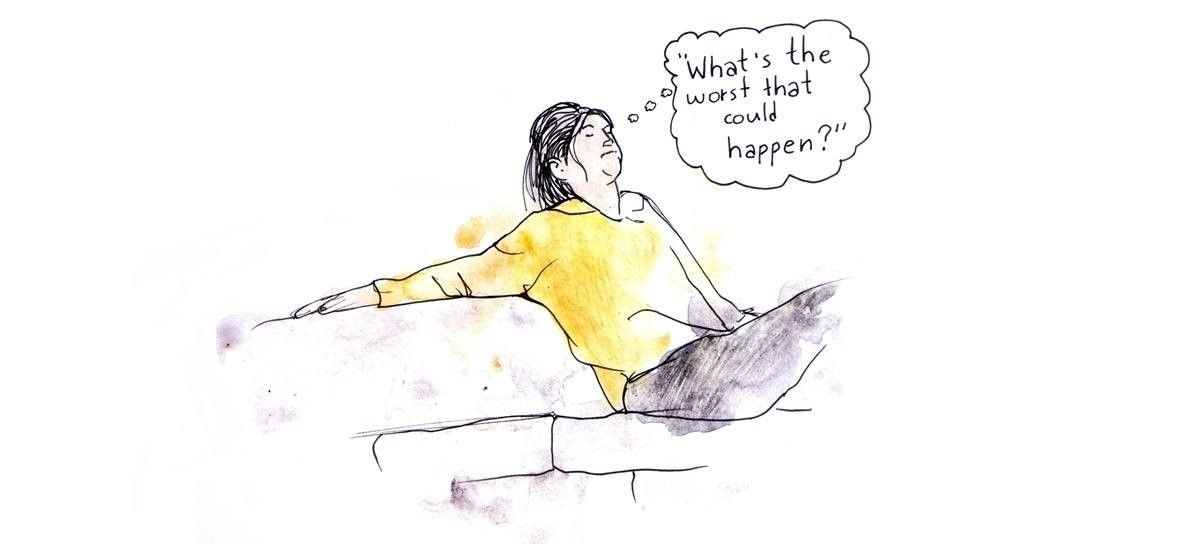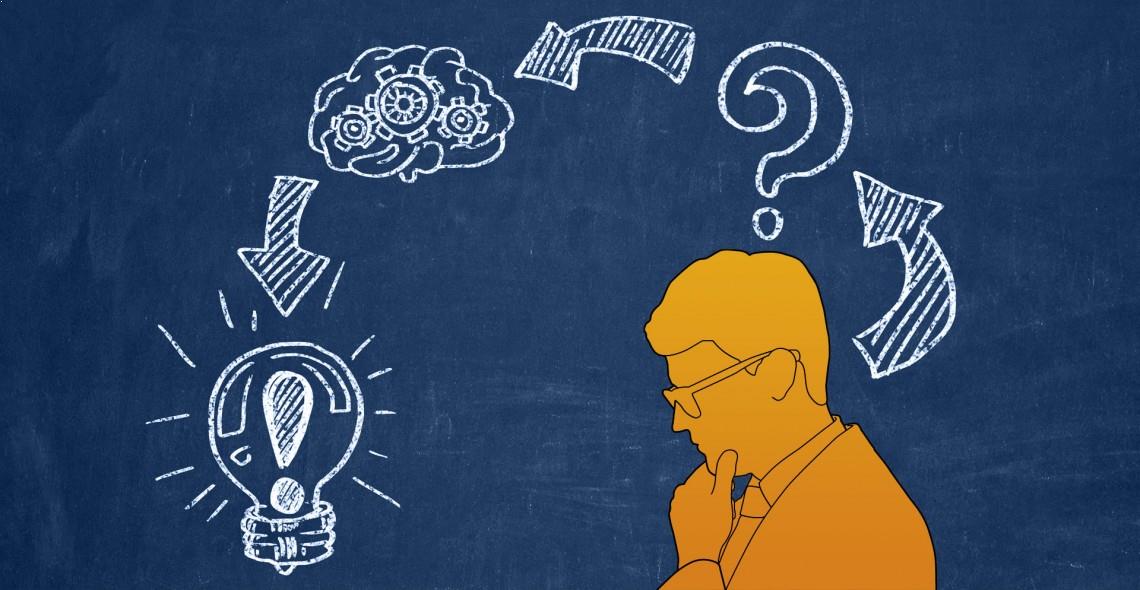How To Cope With Stress And Anxiety: A Roman Emperor’s Philosophy
The ancient Roman philosophy offers time-tested techniques to turn obstacles into opportunities in order to reduce stress and live life more fully and calmly.

Have you always imagined yourself living a perfect life, having a perfect job and perfect friends? Do you find yourself dreaming about an untroubled and happy existence – a perfect picture of life with no distress or discomfort? If you answered “yes”, this article explains why it‘s not always good to imagine a perfect life and shares some ancient Roman wisdom for solving problems that have proven helpful for thousands of years.
We expect life to be a certain way. We expect it to run smoothly. Problems aren’t supposed to happen and we think that if our lives ran as smoothly as they should then there shouldn’t be any crises. But that’s not how life works.
Life is a journey, filled with rises and falls, joy and hardship, celebrations and valuable lessons. Through that journey we have a unique opportunity to learn from all the obstacles and develop our own personalities. That’s why the main challenge is to find ways to cope with the problems in life and change the way we treat them.
When we start a new job, for example, we visualize the perfect working environment, high salary, and, most importantly, satisfaction with the job. But it is never the way you imagine it, is it? The boss is too strict, the salary is too low, your responsibilities aren’t very interesting or exciting.
Once reality hits, anxiety and dissatisfaction begin to develop. These emotional reactions can go one of two ways: They can either prevent us from moving forward, keeping us stuck and even making things worse, or they can be the catalyst for us to focus on solutions and do something about the things that lie within our circle of control.
Learn to manage anxiety in only 5 minutes per day
The ancient Roman emperor and stoic philosopher Marcus Aurelius had a lot of things to say about these questions. His stoic philosophy offers time-tested techniques to turn obstacles into opportunities. And in this article, we’ll share some tips on how to use his school of thought in order to reduce stress and anxiety and live life more fully and calmly.
1.Premeditatio Malorum Or Negative Visualisation
A great coping method for anxiety is the so-called premeditatio malorum. It consists of contemplating what great things you have in life and visualizing letting them go:
Imagine your life if you were to lose your job or your significant other. Visualize the worst that could happen.

What might sound like a torture exercise at first, can prove to be tremendously useful. It allows us to appreciate our current situation. Whatever we have in life will become abundantly clear — whether it’s health, our family, our job, or even a beautiful sunset that we can see from our window. Looking at our lives from that perspective can shift your perspective by 180 degrees.
Being mentally prepared for everything that the future holds can inoculate us against anxiety and anger. And it will make sure we’re not caught by surprise when things actually get out of hand (which they inevitably will).
The purpose of this negative visualization is not to get depressed but to deal with anxiety naturally by accepting the possibility of misfortunes and be grateful for what we have at the moment.
2. Eudaimonia
Technically not a Roman but a Greek concept, the idea of Eudaimonia helps turn our emotions into the right direction. Eudaimonia means flourishing and is a kind of happiness that comes from the pursuit of virtue.
The key to this perspective is to understand that our emotional reactions come from within ourselves. Yes, they are triggered by external situations, thoughts, or people. But ultimately, our thoughts and interpretations of those triggers drive our emotional responses.
In the moments of distress, try to ask yourself, “Does anxiety and nervousness help resolving my problems?” Most often the answer is no.
“How does anger at my boss help me to improve the situation?”
“How does my displeasure with my income make me increase it?”
“How does my dissatisfaction with the scope of my job help me enjoy it?”
Once we realize which emotional reactions stand in the way of overcoming the obstacles, once we learn how to channel your energy towards solutions rather than to react to emotions, we will discover the key to success.
“Today I escaped anxiety. Or no, I discarded it, because it was within me, in my own perceptions — not outside.” — Marcus Aurelius
3. Pain As The Driver Of Progress
People tend to classify pain as harmful and damaging, but Marcus Aurelius argues that the real harm from pain appears only when we wallow in it and when we allow our emotions to injure us at a much deeper level. By facing the pain and accepting unpleasant sensations rather than fighting them, we can not only reduce stress and anxiety, but we can also thrive with our emotional state.
4. Actions Led By Logic, Not By Emotions
Emotions are a natural part of human behavior but sometimes people tend to let emotions command their actions. By responding to external events with logic rather than relying on emotional impulse, we will significantly improve our skills in stress resolution and problem solving.

Follow these steps of stress relieving techniques and remember that everything is temporary. Accept the things that cannot be changed, be prepared for misfortune and don’t let your actions be led your emotions. This way you will master the ideology taught by Roman Emperor Marcus Aurelius.
Learn to manage anxiety in only 5 minutes per day
